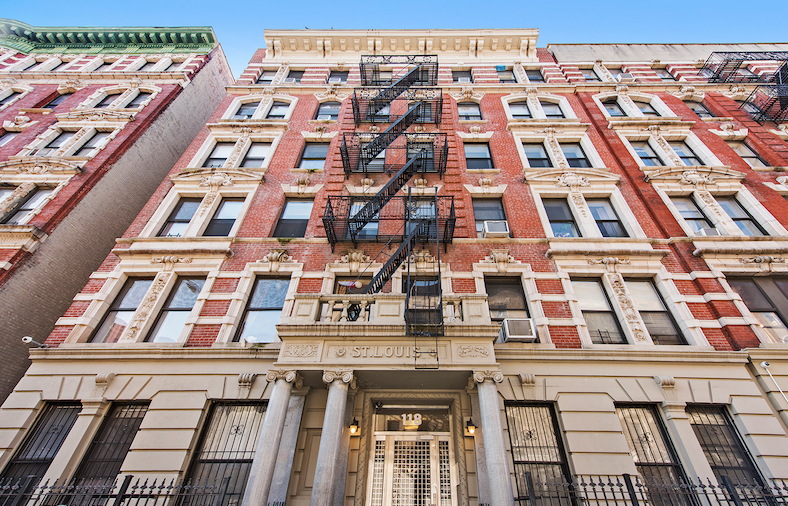Mortgages
Whether you're looking to refinance your current home or need a mortgage to buy your dream dwelling, these tips and ideas provide smart advice.
Disclaimer: The content on this site is not intended to provide legal, financial, or real estate advice. It is for information purposes only, and any links provided are for the users' convenience. Please seek professional legal, accounting, or real estate services before any real estate or financial transaction.




